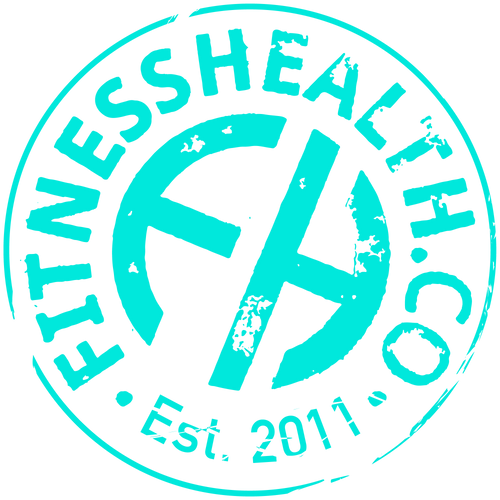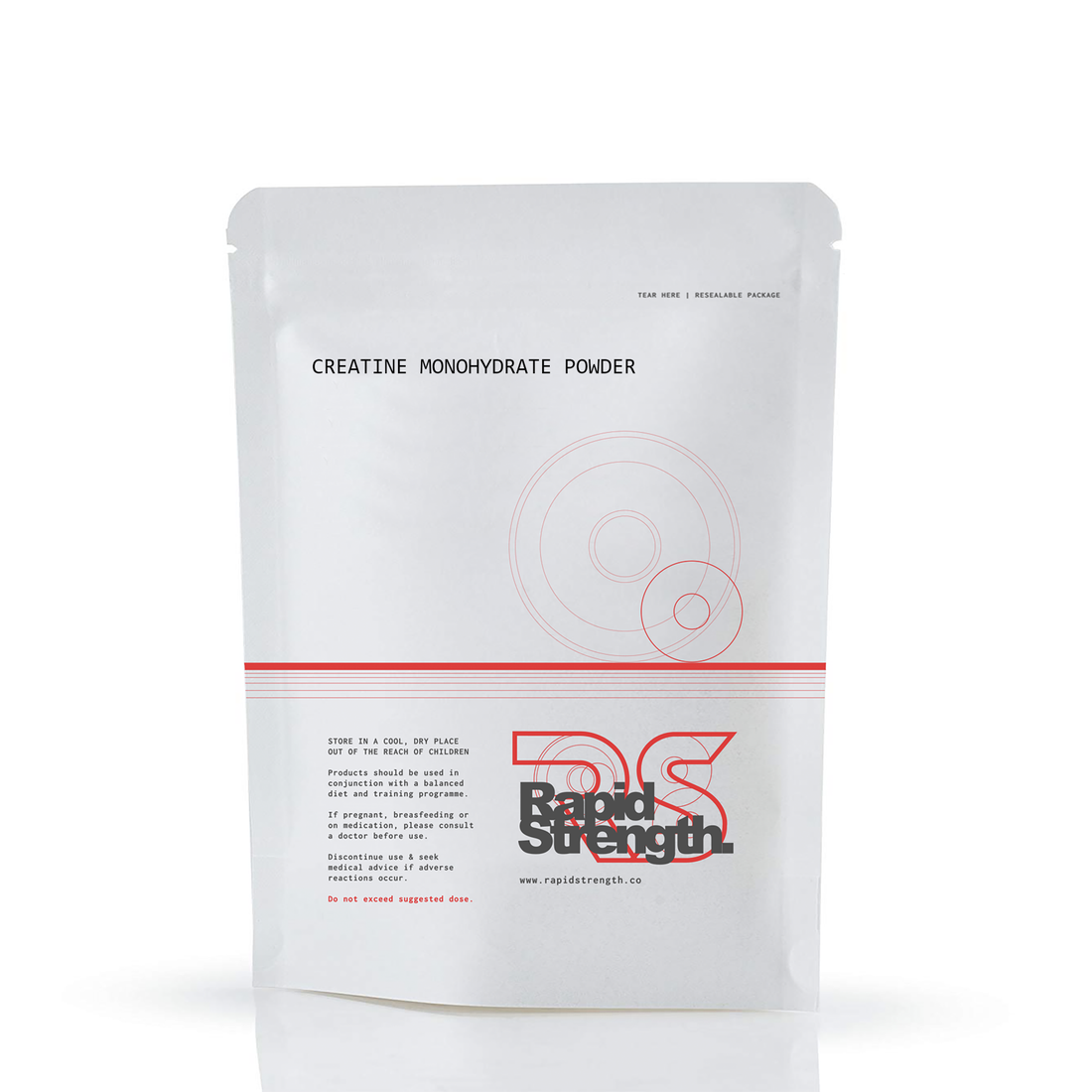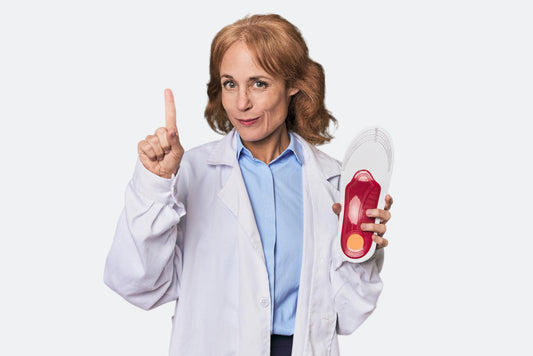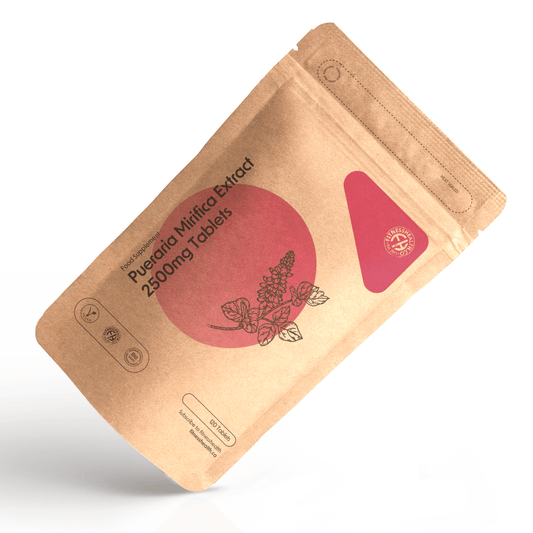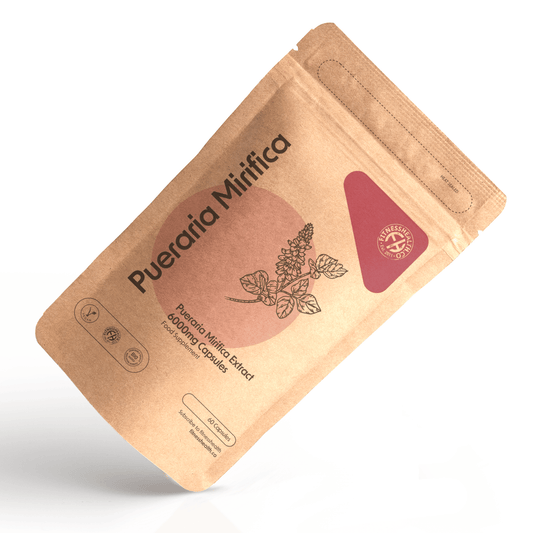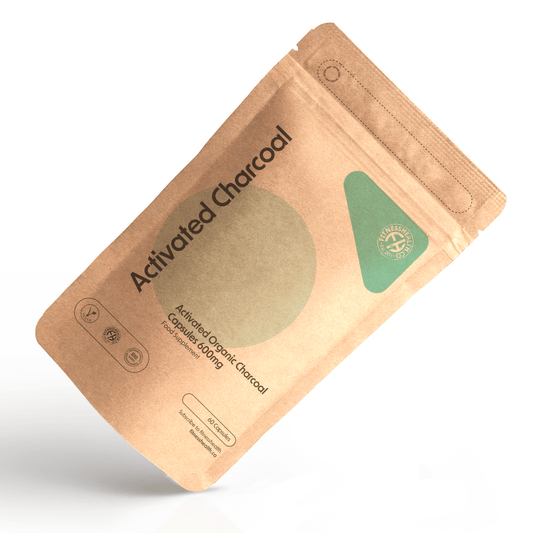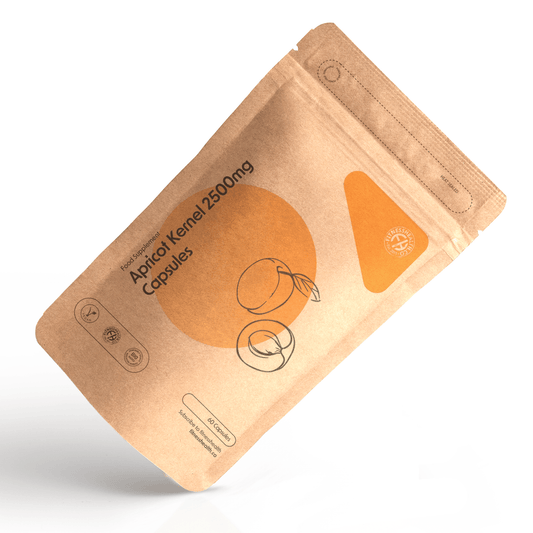Understanding the Creatine Loading Phase
Over the years, creatine has become a popular supplement amongst athletes and fitness enthusiasts looking to enhance their performance and physique. If you want to maximize your muscle stores of creatine, a loading phase might be just what's needed. During this phase, you'll consume larger amounts of creatine to saturate your muscles rapidly.
Research suggests that a loading phase can effectively boost muscle stores by 10%–40%. Despite the many benefits from creatine, it's important to note that skipping the loading phase can also lead to full muscle saturation, although it may take a bit longer. Let's examine the details to understand the creatine loading phase better. Lets learn how to optimize your creatine intake for optimal results.

How to Initiate Creatine Loading
Determining the Optimal Creatine Dosage for Loading
For optimal results during the creatine loading phase, it is crucial to determine the correct dosage. Calculating your ideal creatine intake involves multiplying your body weight in kilograms by 3. This calculation will give you the total amount of creatine to consume daily for the loading phase, typically ranging from 20-25g for 5-7 days. Ensuring you hit the right dosage is key to effectively saturating your muscle stores with creatine.
Timing and Frequency: Best Practices for Creatine Intake
Frequency plays a vital role in the success of your creatine loading phase. To maximize muscle creatine levels, it is recommended to consume smaller doses multiple times a day. Splitting the total daily amount into 4-5 servings ensures a steady supply of creatine to your muscles. Timing is also crucial; spacing out servings throughout the day helps maintain consistent levels in your system and optimizes absorption.
It is crucial to stick to a consistent schedule and include creatine intake with meals or post-workout shakes to enhance absorption. The loading phase sets the foundation for maintaining adequate creatine levels in your muscles, ultimately benefiting your athletic performance and muscle gains.
Factors Influencing Creatine Loading Effectiveness
Some factors can affect the effectiveness of creatine loading on maximizing muscle stores. These include the type of creatine used, the dosage administered, the duration of the loading phase, individual variability in response to creatine, and dietary considerations.
Though, it's important to note that creatine loading can rapidly saturate muscle stores, but individual responses may vary.
Dietary Considerations and Creatine Absorption
Considerations for maximizing the effectiveness of creatine loading include ensuring adequate hydration and consuming creatine with carbohydrates or proteins to enhance absorption. Studies suggest that taking creatine with a meal may increase creatine uptake, as insulin released in response to food intake can stimulate creatine transport into muscles.

Individual Variability in Response to Creatine
Variability in response to creatine loading can be influenced by factors such as muscle fiber composition, genetics, and initial muscle creatine levels. Some individuals may experience greater gains in muscle mass and strength with creatine supplementation, while others may not respond as significantly. Monitoring individual progress and adjusting dosages accordingly can help optimize results.
Creatine loading can be a beneficial strategy to quickly maximize muscle creatine levels, but individual responses may vary. Factors such as muscle fiber composition, genetics, and initial muscle creatine levels can influence the effectiveness of creatine supplementation. Monitoring your progress and adjusting dosages accordingly may help optimize the benefits of creatine loading.
Tips for Maximizing Creatine Loading Benefits
Keep in mind that consistency is key when it comes to maximizing the benefits of creatine loading. Make sure to follow the recommended dosage and duration for the loading phase to saturate your muscles effectively. Additionally, staying hydrated is crucial during this phase to help prevent any potential side effects. After completing the loading phase, continue with a lower maintenance dose to maintain your muscle stores and reap the benefits of creatine supplementation in the long run.
Combining Creatine with Proper Training and Nutrition
Assuming you are engaging in regular resistance training and following a well-balanced diet, combining creatine supplementation can further enhance your muscle gains and performance. Creatine works synergistically with exercise to help increase muscle mass and strength. Make sure to fuel your body with adequate protein and carbohydrates to support your training and maximize the benefits of creatine loading.
Recognizing and Mitigating Potential Side Effects
With any supplement, it's important to be aware of potential side effects and how to address them. While creatine is generally safe, some individuals may experience gastrointestinal issues or temporary weight gain. Understanding the proper dosage and staying hydrated can help mitigate these side effects. If you have any underlying health conditions, it's advisable to consult a healthcare professional before starting a creatine supplementation regimen.
Transitioning from Loading to Maintenance
Now that you have completed the creatine loading phase and maximized your muscle stores, it's important to transition to a maintenance dose to keep your levels high. This phase is crucial to ensure that you continue to benefit from creatine supplementation without overloading your system.
Calculating the Right Maintenance Dose
Maintenance dosing typically involves taking 3-5 grams of creatine per day after the loading phase. To determine the right maintenance dose for you, multiply your weight in kilograms by 0.03. For example, if you weigh 70 kg, you would aim for a daily maintenance dose of 2.1 - 3.5 grams of creatine.
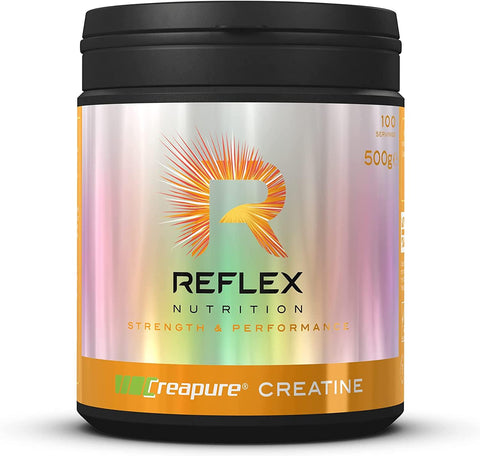
Adjusting Intake Based on Physical Activity and Muscle Mass
Muscle mass and physical activity level can impact the amount of creatine your body needs. If you have higher muscle mass or engage in intense physical activities, you may need to adjust your creatine intake accordingly. Consult with a trainer or sports nutritionist to determine the optimal dose for your specific needs.
Final Words
Now that you have a better understanding of the creatine loading phase, you can make informed decisions about how to effectively boost your muscle stores of creatine. While a loading phase can rapidly saturate your muscles, it may not be necessary for everyone. Research suggests that lower daily doses over a longer period can achieve similar results. Recall, creatine supplements are generally safe and can offer benefits such as increased muscle gain, improved strength, enhanced athletic performance, and reduced risk of sport-related injuries. If you choose to supplement with creatine, be sure to follow recommended dosages and consult a healthcare professional if needed. Ultimately, maximizing your muscle stores of creatine can support your fitness goals and overall well-being.
